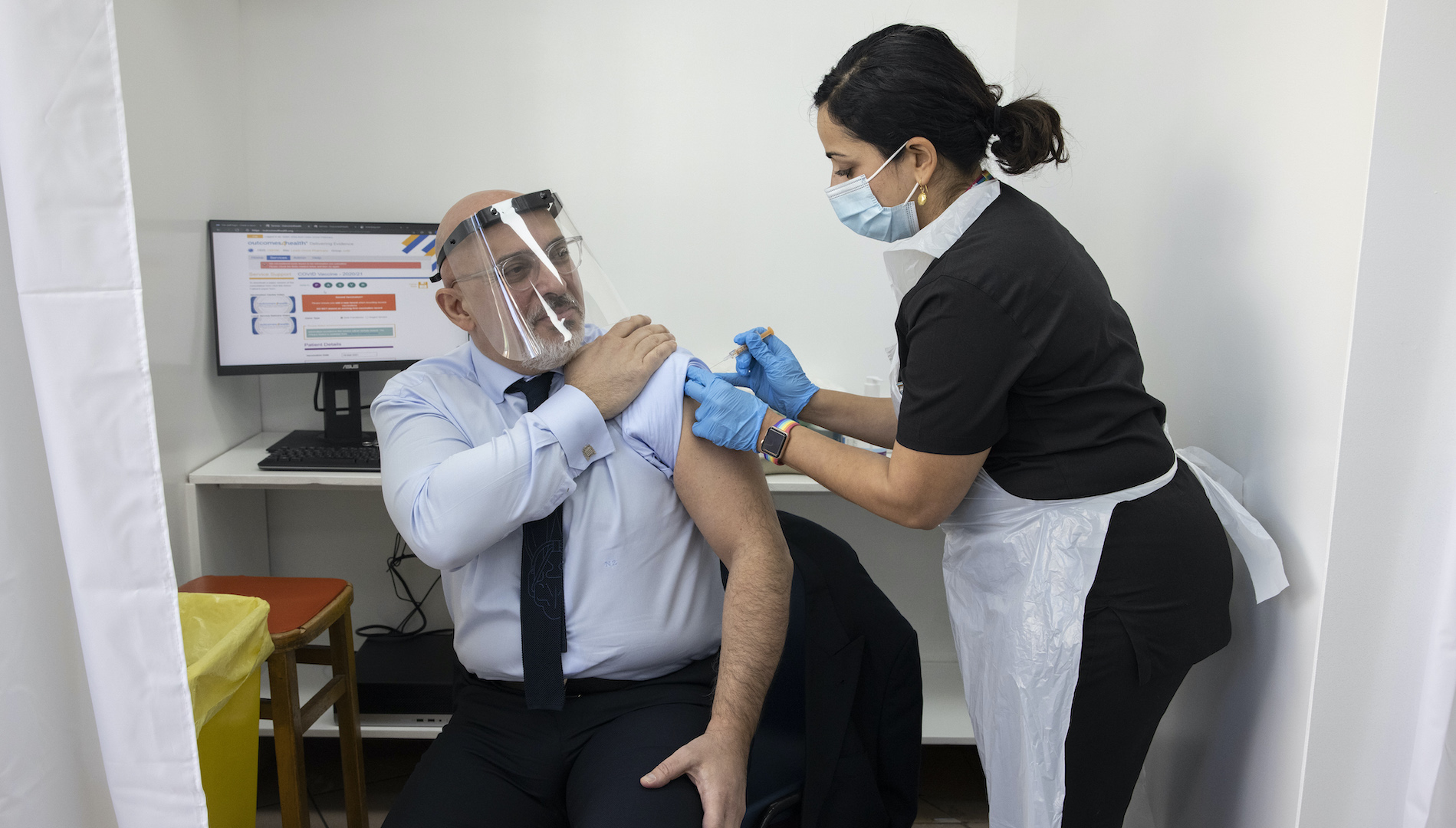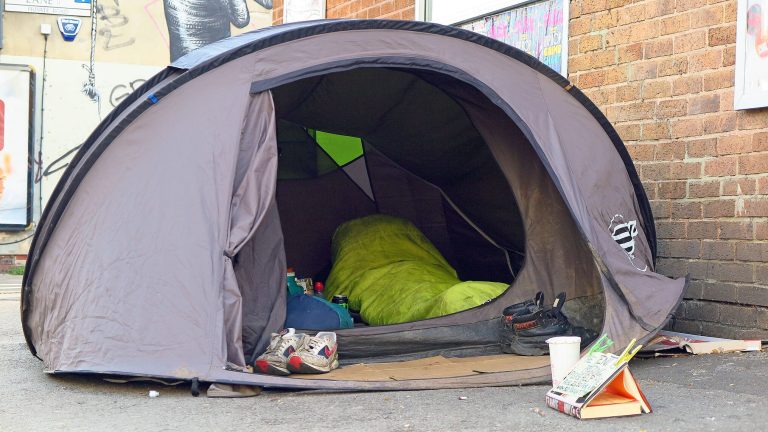More than 20 million people in the UK have received a dose of the AstraZeneca vaccine for Covid-19, trumpeted by Boris Johnson’s Conservative government as being among the best vaccine rollout programs in the world.
Developed at Oxford University, it was the first fully trialled and tested vaccine to be administered publicly anywhere in the world and has been ruled safe by the World Health Organisation, the European medicines regulator and the UK regulator.
There have, however, been some very rare cases of blood clots reported by people who have received the vaccine. Blood clots are also a rare symptom of Covid-19, but nonetheless people under 30 in the UK will be offered an alternative.
Either way, the benefits of vaccinations for outweigh the risks, said Professor David Spiegelhalter, chair of the Winton Centre for Risk and Evidence Communication at the University of Cambridge.
He told BBC Radio 4’s Today programme: “This is something that perhaps should have been emphasised all the time for younger people, who can get long Covid, and it would prevent the huge numbers of that as well, but being vaccinated is as much a contribution to the community and their relatives and the people around them. Preventing transmission has this direct benefit for themselves.”










